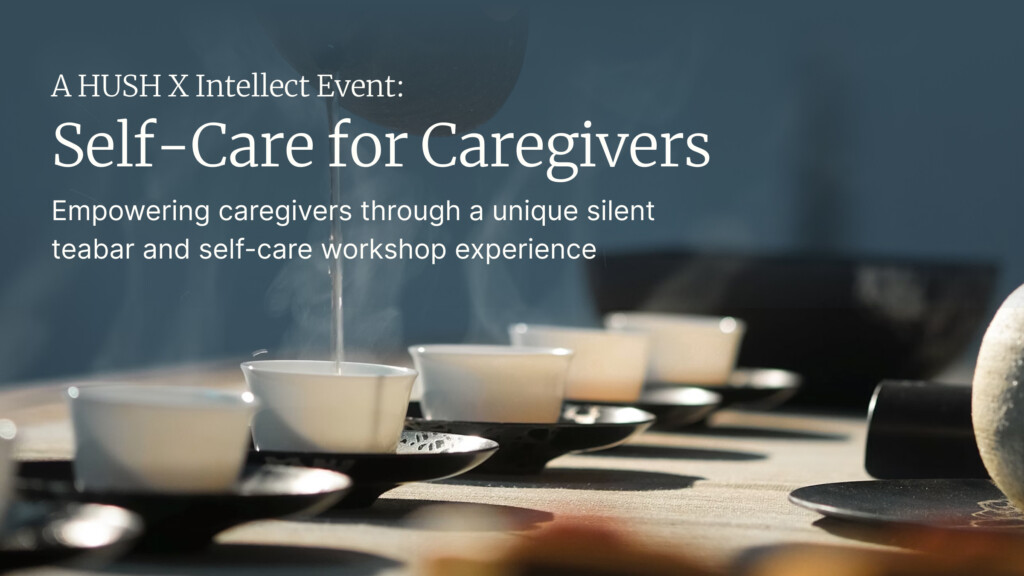Gender biases at work are often discussed in terms of wage gaps and glass ceilings. But putting systemic issues aside, what about the everyday interactions that define your organisation’s employee experience? As individuals, what are some gender biases we may be perpetuating unknowingly?
As an executive coach and psychotherapist, I’ve observed that gender biases at work go beyond facts and figures, and KPIs like maintaining the composition of your workforce. Instead, they manifest in subtle yet powerful ways that affect your workplace culture, impeding your progress along the DEI (Diversity, Equity, and Inclusion) pathway.
In this article, we will explore how gender biases at work can impact employees through my clients’ lived experiences, and how we may cultivate a more inclusive workplace.
“Women should be nurturing”
In society, women are often portrayed as nurturing, caring, and empathetic figures. Unsurprisingly, they’re expected to provide emotional support in both personal and professional realms. Alexa*, a project manager who works in tech, is no exception.
Over the last five years, Alexa has established strong relationships with her team and clients. People have nothing but positive things to say about Alexa and her work, but she isn’t always happy about the compliments she receives.
One day, she stormed into our session and blurted out,
“My coworker complimented me for my ‘people skills’ and being ‘approachable’. Jeez! Can you believe her?
I mean, I oversee and manage multi-million-dollar projects and collaborate with the biggest clients in our field. And at the end of the day, I’m recognised for ‘being approachable’?”
Alexa was frustrated that she has been her coworkers’ “go-to” person, not just for professional matters but also personal ones. This isn’t only time-consuming, but it is also mentally draining.
“Don’t get me wrong.” Alexa clarified, “I do appreciate their vulnerability and openness. I feel flattered that my team trusts me enough to share their emotions and personal struggles with me. But there are just days when I simply don’t feel like being a caring mother to everyone.”

This fatigue isn’t unique to Alexa. In my line of work, I’ve met several female professionals who appreciate their coworkers’ sharing, but feel bogged down by the weight of being a “caretaker” of sorts.
This internal conflict speaks volumes about the deeper issue that is gender biases at work. When society expects women to nurture and pegs them to certain responsibilities, they may miss out on developing more “assertive” competencies such as negotiation, decision-making, technical, and even leadership skills.
“Men should be stoic”
Women are not the only victims of gender biases at work. Men, too, face their fair share of stereotypes. If it’s not uncommon for boys to be praised for being strong, is there any wonder why men are commended for stoicism?
David*, who came to see me due to his declining work performance, entered my office with a straight face. He said,
“I’m here to gain skills to solve this whole mess and get back on my feet ASAP.”
His voice was void of emotion, and his request sounded like an order. Sensing the emotional distance, I probed deeper, and pieces of the puzzle started coming together as he opened up.
As it turned out, David was among the best-performing salesmen in a marketing firm, but it all started to change when his wife asked for a divorce out of the blue. The ongoing custody battle and the prospect of losing his two young children occupied much of his mind. Since he couldn’t focus at work, sales quotas weren’t met and the pile of unread emails from unhappy clients was growing.
His manager was genuinely concerned and asked if he was doing okay and if he needed help or a temporary break from work. Noticing his withdrawal from social activities, his friends reached out too. However, David declined every offer of support, choosing to keep his anguish to himself.
Months later, after numerous missed targets and complaints from clients, David was finally taken off big projects and placed on a PIP (Performance Improvement Plan). Apparently, his manager’s patience was consumed by David’s avoidance and the company could no longer ignore his underperformance.
David: “So here I am. I agreed to work with a coach as a part of the improvement plan. So, what do we do?”
Me: “David, it sounds like you’ve had a really tough time.”
David: “Yeah yeah, just life stuff. I just need to get back on my feet again.”
Me: “Correct me if I’m wrong, but it seems to me that people have been trying to offer help and get you back on your feet. What’s holding you back?
David: “My old man raised four kids on three different jobs. He worked 14 hours every day for 7 days a week, and we never saw him complaining even once. It was all ‘Nobody likes wussies! Keep your whines to yourself and fight like a man!’”

I inhaled heavily at his words and leaned back into my chair. The stoic approach instilled in David as a child came with a price in adulthood.
As I sat on his father’s words, I thought, perhaps David doesn’t realise that the workplace isn’t a solitary battleground. It’s a space for teamwork and collaboration, and employees don’t necessarily have to take on challenges with a fighter’s mentality. As Brene Brown said in her book, “The Power of Vulnerability”, vulnerability is not a sign of weakness but courage.
Overcoming gender biases at work
As you reflect on Alexa and David’s stories, you might wonder how employers and employees can help. I’d like to introduce practical steps based on Clara E. Hill’s 3-stage model in changemaking: Exploration, Insight, and Action.
Stage 1: Exploration
Conversations about gender biases at work can be initiated on an organisational level (e.g. town hall meetings), making employees aware of how they manifest at work. These may include:
- Emotional labour
- Emotional suppression
- Unequal distribution of roles and responsibilities
- Differing areas of focus in evaluation
Rather than calling for correction, rules, or policies, employers will do well to frame these discussions as an opportunity for growth and connections. After all, people are more interested in learning than being told they’re wrong.
Or, you could take a less formal approach. For example, there are tons of events and exhibitions on gender biases in New York, and I’ve seen companies sponsoring employees who wish to attend them.
Stage 2: Insight
After employees acknowledge gender biases at work, it’s time to recognise their impact on employee wellbeing. ERGs (Employee Resource Groups) and book clubs are a good start, empowering individuals to share their lived experiences and develop insights.
But while grassroots-driven initiatives can lead to personal exchanges, you may also want to involve the DEI taskforce for better structure and more comprehensive support. They could, for example, look into learning and development and improve access to resources.
Everyone can benefit from these sessions, but I’ll stress that they are most helpful for company leaders. After all, they have the power and responsibility to address DEI on a higher level by reviewing the workplace culture and policies.
Stage 3: Action
Employers can send their workforces for DEI training and enhance their EAP (Employee Assistance Program) offerings, but individuals also play a crucial role in shaping the company dynamics through everyday interactions.
You may start identifying unhelpful behaviours driven by gender biases at work. How did you respond to a male coworker who wants to quit his job to be a full-time dad? Is that “motherly figure” on your team on the brink of burnout? (If the answer to the second question is yes, it may be time to spark new behaviours, like referring team members to a trained professional instead of venting to her.)

When you notice unhelpful behaviours on someone else’s part, bring them to their awareness gently. My recommendation? Always, always, always start with curiosity and separate their actions (what they said or did) from their identities (who they are). When giving feedback, you can ask open-ended questions about their perspectives and share – not impose – alternative views of yours.
Ultimately, breaking free from gender bias at work requires a collaborative effort between employers and employees, leading to organisations that embrace true diversity, equity, and inclusion.





